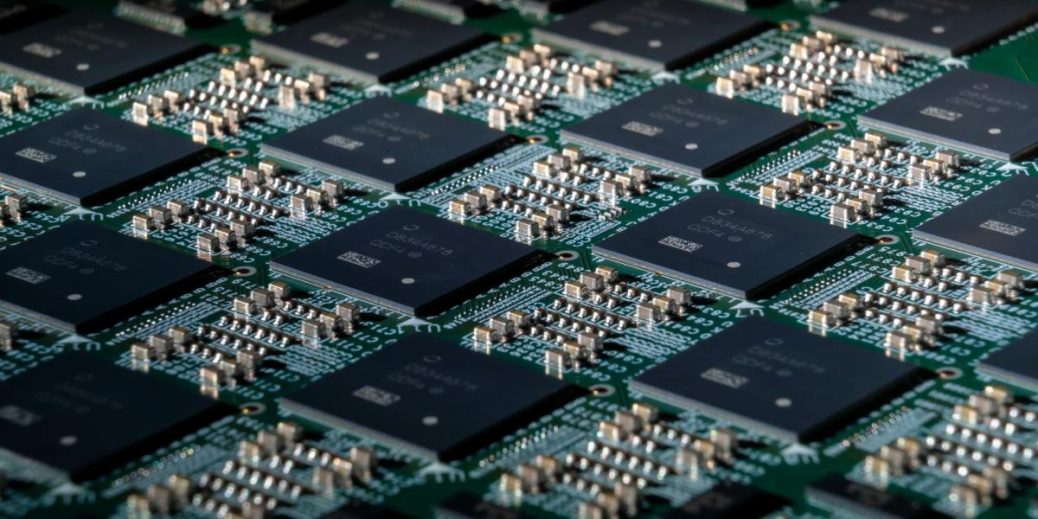
None of these potential technologies are new: researchers have been working on them for many years, and quantum computing is certainly making progress in the private sector. But only Washington brings the convening power and R&D dollars to help these novel systems achieve scale. Traditionally, breakthroughs in microelectronics have emerged piecemeal, but realizing new approaches to computation requires building an entirely new computing “stack”—from the hardware level up to the algorithms and software. This requires an approach that can rally the entire innovation ecosystem around clear objectives to tackle multiple technical problems in tandem and provide the kind of support needed to “de-risk” otherwise risky ventures.
Does it make more sense to focus on boosting competitiveness in the near term or to place big bets on potential breakthroughs?
The NSTC can drive these efforts. To be successful, it would do well to follow DARPA’s lead by focusing on moonshot programs. Its research program will need to be insulated from outside pressures. It also needs to foster visionaries, including program managers from industry and academia, and back them with a large in-house technical staff.
The center’s investment fund also needs to be thoughtfully managed, drawing on best practices from existing blue-chip deep-tech investment funds, such as ensuring transparency through due-diligence practices and offering entrepreneurs access to tools, facilities, and training.
It is still early days for the NSTC: the road to success may be long and winding. But this is a crucial moment for US leadership in computing and microelectronics. As we chart the path forward for the NSTC and other R&D priorities, we’ll need to think critically about what kinds of institutions we’ll need to get us there. We may not get another chance to get it right.
Brady Helwig is an associate director for economy and PJ Maykish is a senior advisor at the Special Competitive Studies Project, a private foundation focused on making recommendations to strengthen long-term US competitiveness.






Recent Comments